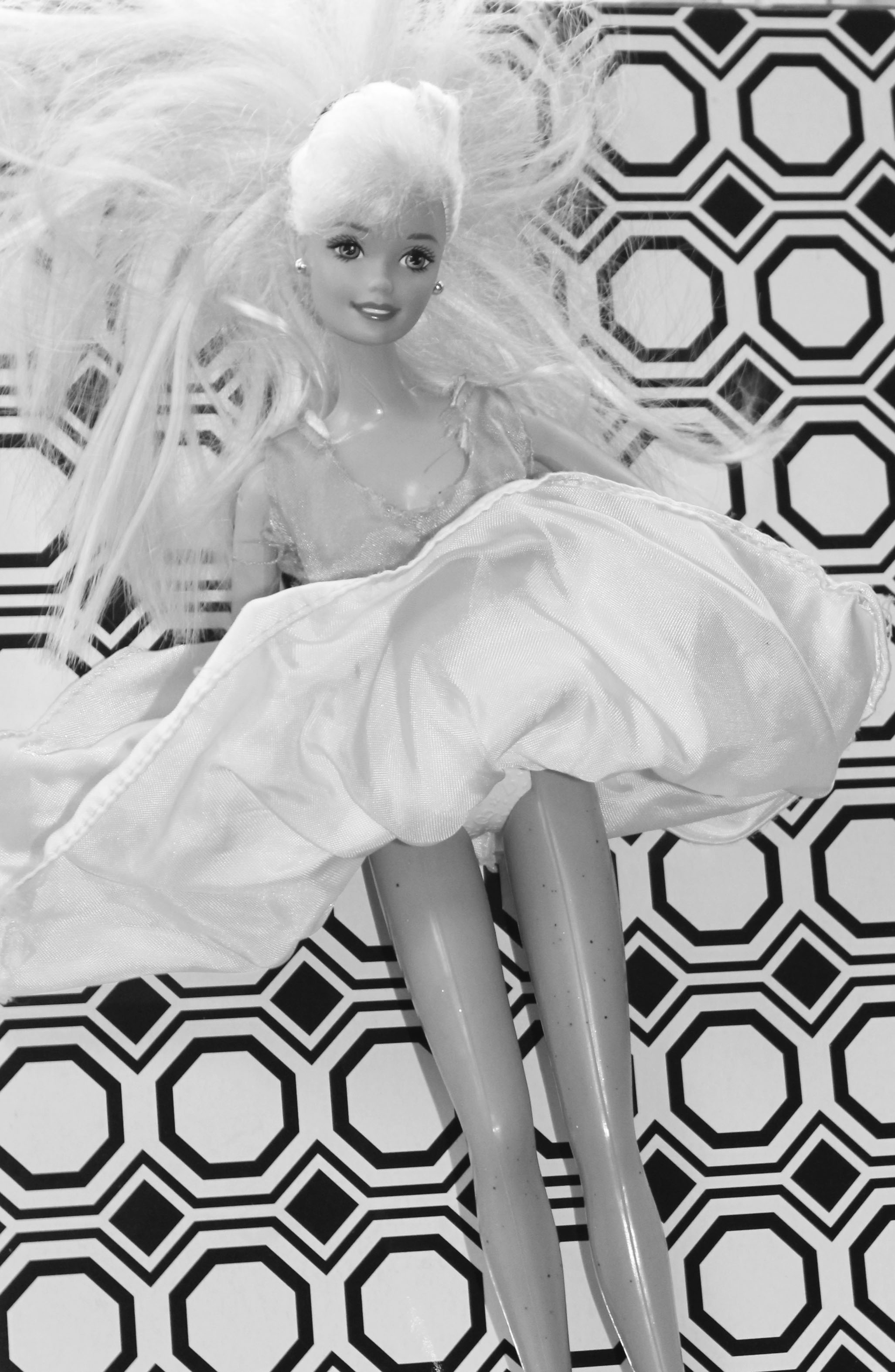By Madison Roberts
As much as I loved playing with Barbie dolls as a little girl, they are completely unrealistic. At such a young age, girls should not be exposed to a size-zero girl who lives in a dream house and drives a pink car. Newsflash: The chance of this actually happening to a girl is one in a million. Now yes, I did enjoy playing with Malibu Barbie in the hot tub and having her go on dates with Ken, but secretly I think I kind of wished my life would be like Barbie’s some day.
“If Barbie were an actual woman, she would be 5’9” tall, have a 39” bust, an 18” waist, 33” hips and a size 3 shoe,” Galia Slayen, a student at Hamilton College who tried a create a lifesize Barbie, wrote in the Huffington Post.
Barbie represents materialism to the extreme. Her perfect boyfriend, Ken, is the hottest guy on the beach. He’s that guy that every girl wants to be with, and of course Barbie is his girlfriend. This gives girls the mentality that unless they have a body like Barbie’s or live in a dream house, they will not be with their prince charming.
On Oct. 8, Mattel added a Tokidoki Barbie to its collection. This Barbie doll is modeled after the Japanese inspired fashion brand. She has pink hair and is covered in tattoos. Now, I have no problem with tattoos, or the people that have them. I think they are a creative form of expression. I do not, however, believe that they should be printed on a Barbie doll’s body. You cannot legally get a tattoo until you are 18 years old because they feel that any age under this is too young to decide whether or not you should make a decision that will permanently impact your body. To be exposed to these at four years old may increase a child’s desire for a tattoo, a decision they may regret when they are older. When one turns 18, they can choose to get a tattoo if they want, but at four years old, they should not be exposed to them on a Barbie.
Just like Barbies, Bratz dolls are a bad influence on kids. They destroy girls’ self-esteem. They dress like prostitutes and they stand for materialism. Even their name represents what they are: brats. And young girls playing with these dolls may turn children into brats too.
Yes, Barbie dolls and Bratz are a fun form of entertainment, but the message they send is not a positive one. They contribute to the growing materialism and self-esteem issues in today’s society. Children grow up thinking they should be like Barbie, and adults played with Barbies as children, so they strive to have the dream house and racy sports car.
Barbie is not beauty; she is a piece of plastic that has been run through a machine and duplicated millions of times. Girls should not want to be like her—they should strive to be different and have their own goals, away from a pink car.

